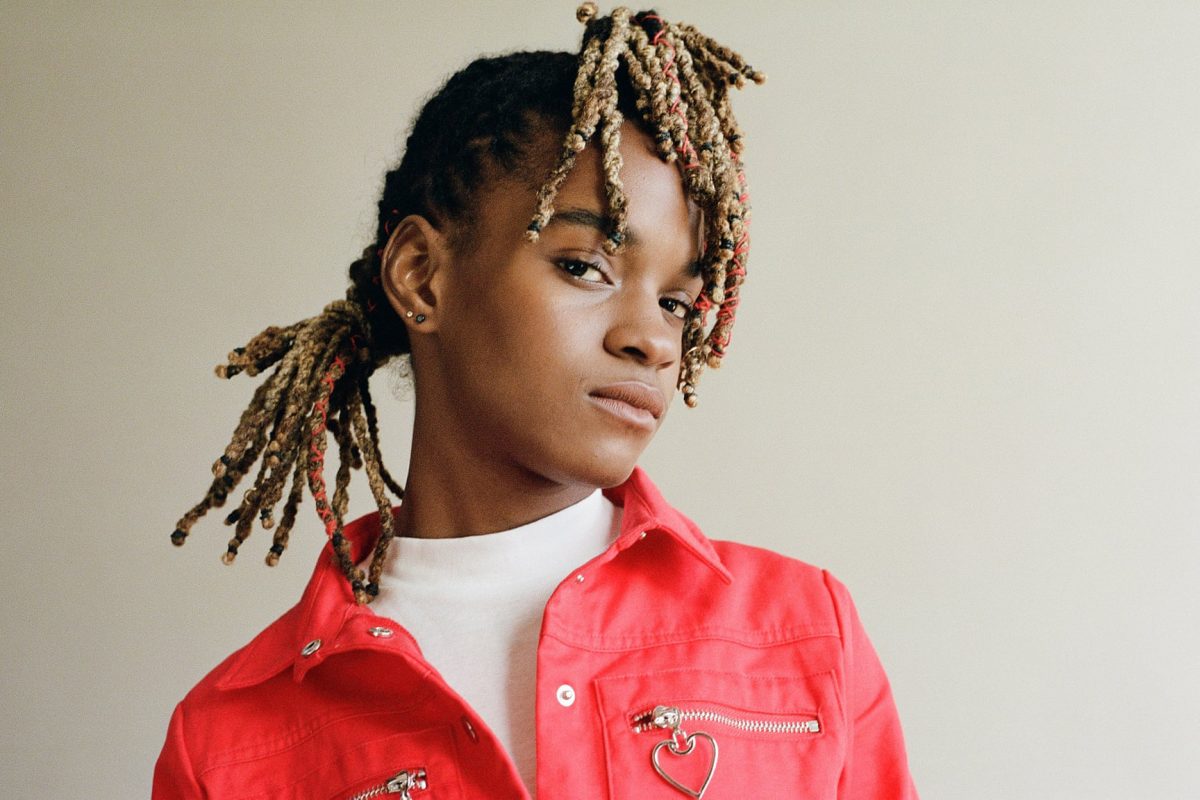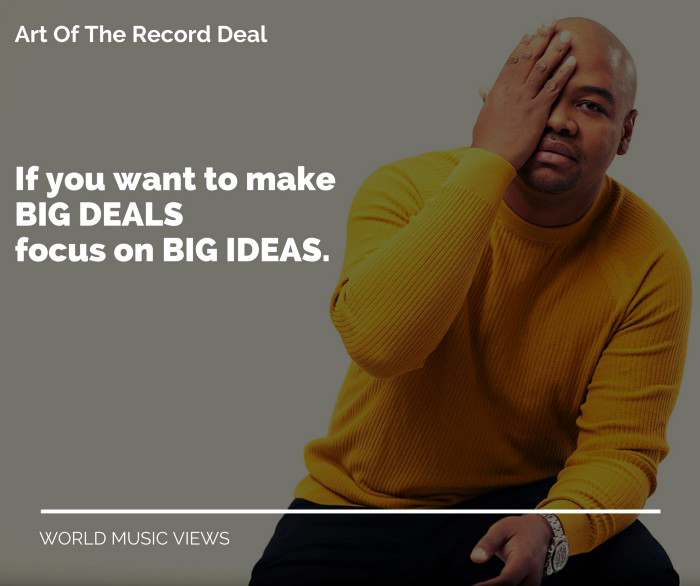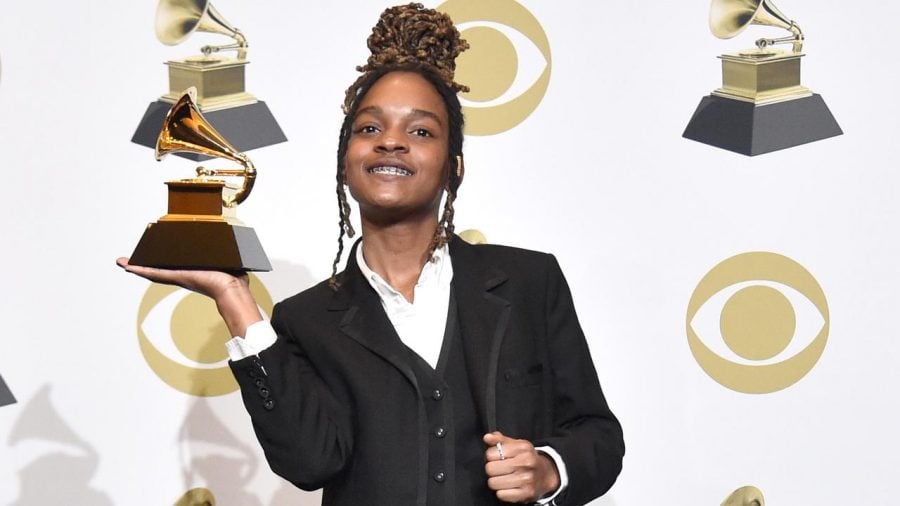The Art Of The Record Deal: Jamaican Artists Moving From Obscurity To Global Celebrities

The music business is an industry that relies heavily on leveraging relationships behind the scenes. The more leverage you have as an artist the greater your demands can be, and the greater support you will get for your career. There are also many powers of influence, and key decision makers that help to decide who and what becomes a hit. Although Jamaican artists enjoy a rich cultural heritage and the music is like-able abroad, their constant struggle has been to leverage their home based fame and secure partnerships that will assist in selling records, and achieve market dominance outside of Jamaica.
Every year various Music industry organizations assemble professionals from California , Miami, New York and Jamaica. The intention of these gatherings and conferences are mainly to prepare local artists and their teams through presentations and panel discussions for the bigger markets. The events also provided excellent opportunities for networking with executives from the major streaming platforms and record labels. The conversations are centered around making hits in the modern music industry. The events are successful if the relationships made become fruitful transactions and creative collaborations later.
Obstacles
One obstacle faced by persons who start in the Jamaican music industry in gaining appeal is low streaming numbers in the USA.
It is the dream of reggae hopefuls to capture the imagination of audiences and saturate the USA market but Reggae-Dancehall make up only one percent of the music album consumption according to Statista.

It is quite difficult for some artists who enjoy fame and notoriety in Jamaica to gather the same level of excitement abroad — because internationally the music business uses streaming to measure success. Streaming platforms that are playlist based like Spotify, Amazon, and Pandora are not yet integrated into Caribbean territories. This affects the rental(streams) and sales (downloads) of Reggae and Dancehall music, because if the services are not where the core audience resides then they will not be counted among the streamed demographic.
In times gone by BET and MTV were sure media houses if an artist wanted international recognition and music sales. It has become much more complex to break an artist internationally since the advent of streaming.
According to the IFPI’s global music 2018 report, Jamaica is regarded as a performance rights market. Meaning most of the successes artists achieve will come from performances. This is so because Jamaicans get their recorded music for free but will pay a premium for live concert VIP experiences. Fifty thousand people turned out for the Buju Banton concert at the national stadium last year and thousands attend the seasonal Reggae concerts on the island each year.
Notwithstanding, streaming platforms are not yet fully integrated so artists who desire international success must take their cultural capital outside of Jamaica. The difference in demography and the speed of fame abroad present a great artistic risk for artists and a financial risk for record labels.
Neither YouTube nor Apple’s recent expansion into the market with limited services offers great enough platforms to impact local artists’ international data projections. Labels usually look for chart success, radio play, and concert numbers to sign artists. However, when it comes to Jamaican artists they have to be more flexible in rationalizing future success. Except for Sean Paul, who registers massive streaming numbers, it seems the major labels have to measure the potential impact of an artist by considering an intangible cultural capital abroad to rationalize signing an artist.
Shani Fuller-Tillman, VP of Urban Marketing at RCA records in the Rolling Stone Magazine explains,
…although it is challenging for Jamaican artists to reach a wide audience they (RCA records) are a label that loves to step out on things that may not be so cookie-cutter or easy to break in the market. Although reggae music isn’t widely accepted on that mainstream level…there are huge reggae fans…and it’s big in New York, Connecticut, and Florida.
Deal Or No Deal? How do labels break artists internationally?

Whenever artists get label deals or if they choose to pursue careers independently, it starts with the A&R process which is to ideate the creative insight, find the financial support, and choose the right songs for a larger audience.
Artists need marketing teams and a budget to grow a presence online and offline. This can be costly as it represents fifty percent of the overall cost required for musical success globally.
The creative team from a record label supervises the process to ensure the music’s appeal is beyond the niche sonically. When the time is right for releases artists will need professional publicity and press support for their messages, so that their interviews, viral moments, photos, music videos, etc. are shared with their targeted demographic. Nowadays social media, blogs, and YouTube channels are sometimes more powerful than some mainstream media.
Global distribution can be found easily as an independent artist but global reach requires leveraging important relationships that only well-connected record labels can provide.
In the case of Koffee her signing to a record label and then signing to CAA talent agency was key to her global appeal and success. She is a modern example, other artists, from Jamaica could follow to find saturation in other music markets. By signing with CAA she joins a roster of other international artists and personalities that can be leveraged to support her projects. Her song Toast is catchy, unique, and relevant to the times, but when it was announced that former United States President Barrack Obama, his wife Michelle, Kylie Jenner and Rihanna all had her song as part of their playlists, it gave Koffee the competitive edge in the reggae-dancehall genre. Her 2020 Grammy win was inevitable in a year when there were other viable contenders in the category because she was the talk of the town.

Reggae Record Sales
Even with extraordinary international validation and the historic Grammy win the biggest reggae-dancehall record of the year ‘Toast’ did not make a significant impact on the Billboard Hot 100 Chart. Along with her other singles ‘W’ and ‘Rapture’, the song only managed to peak at number 1 on the R&B — Hip Hop airplay charts.
According to Rolling Stones Magazine in a February 7, 2020 article titled: Koffee Makes History With Grammy Win, Signs To RCA,
“Reggae-Dancehall only gets played on the Urban stations in the United States during the summertime.”
After global fame is accomplished, the challenge is to get fans to buy the music. Even with international endorsements, it is the Jamaicans, who represent the core audience for Koffee and dancehall-reggae music — they mostly make purchases with their eyeballs, not with their pockets. Koffee and other artists in the genre must find a way to turn cultural capital and fame into sales and financial capital. They can start by making music tempered for radio stations that cater to the paying demographic.
IFPI’s 2019 global music report stated that Asia, Latin America, South Korea, Brazil are among the fastest-growing music markets. Producer Rvssian, Damian Marley, Snow, and Sean Paul have collaborated with artists from those markets, which resulted in millions of streams. A hit requires at-least 100 million streams.
It is the consistent and progressive sales of music along with the cultural impact that gives an artist sustained international career success, that is the math and magic of the deal.
Koffee: Let Creativity Flow.
John Fleckenstein, Co-President of RCA records enthusiastically shared in Rolling Stones magazine recently that,
Koffee’s success is not gonna end in Jamaica, it’s gonna end on a global level”. He then says “how can we help?”
Fleckenstein’s statement and his subsequent investment in “the end of Koffee’s success” has been the approach of some record labels to Jamaica and Jamaican music in the past. This holds over with artist who do not understand the scope of the music business and become excited by the signing of a deal. For many artists when they sign that’s considered the starting savior to their careers, so they make a few releases, and when the term of the record deal ends their careers are done. They may know how to perform their works on stage, but for many, they do not know how to create, market, promote, sync, distribute and generate the highest revenue available for their own projects outside of a record deal.
A record deal for Jamaican artists should be considered a means to an end but the relationship should never be viewed as the panacea for their careers. If so, the record deal is the beginning of the end.
Whether or not an artist chooses to sign a record deal with an international label, it is their creativity and adaptability to each market that will cause them to stand firm through the tests of time. If they do not collaborate and grow market by market their musical careers will end.
Artists are either busy living or busy dying- Lyor Cohen, Head Of YouTube Music.
As for Koffee, she represents a new life, new creativity, and youthful energy for reggae and dancehall music. She should continue to make timeless songs, build her brand, and leverage her celebrity into new territories as she forms a legacy that never ends.
Indeed Bob Marley has died many years now and his music continues to sell, his brand value increases year by year and his message lives in the hearts of eager fans all over the world.
Donovan Watkis (JR) is a music marketer and the host of World Music Views. email worldmusicviews@gmail.com
